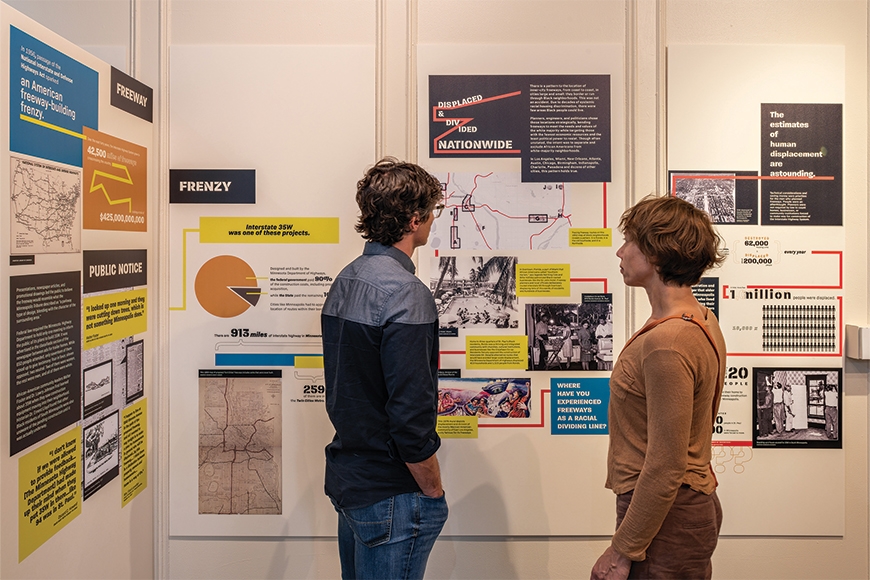Master's in Heritage Studies & Public History

About the Master's Degree
All masters students in the Heritage Studies in Public History (HSPH) program take a common core curriculum (HSPH 8001, 8002, and 8005) and focus their studies in one of three tracks: archaeological heritage, public history, or historic preservation. Students engage in experiential learning through embedded internships (HSPH 8101) and the design and execution of a community-engaged capstone project (HSPH 8004). Regardless of which track you choose, you will have overlapping coursework and numerous opportunities to collaborate with your peers in other tracks and disciplines. HSPH students are encouraged to find and take classes, wherever they may be found at the University, that advance your academic and professional interests, provided they are selected in consultation with your track advisor.
Courses numbered 8000 or above are open to graduate students only; courses numbered from 5000 to 5999 are open to third and fourth-year undergraduate students as well as graduate students. If in doubt whether a 4000-level course qualifies for graduate credit, email the graduate program coordinator at dgsanth@umn.edu.
Students are expected to pursue their studies on a full-time basis. The Graduate School defines full-time study as at least 6 credit hours per semester. However, HSPH students are typically expected to take 10 credits each semester for their first three semesters, and at least 7 credits in their fourth semester of the program.
Program Tracks
Tracks in the HSPH program may be understood as areas of specialization. While masters students must be enrolled in a track, you have considerable flexibility to select an interdisciplinary curriculum plan.
Visit the Graduate Courses page for course requirement information.
Tracks
Archaeology
Students in this track prepare to work professionally to protect archaeological sites and collections, for example in cultural resource management in tribal, state, or federal agencies, museum collections management, repatriation coordination, or public archaeology.
Public History
Public History track students are prepared to work in multiple kinds of organizations including tribal, state, or municipal historical societies, museums, archives, or community-based cultural organizations.
Historic Preservation
Students in this track receive training in professional work related to urban and community planning, designations of historic sites, districts, and landmarks, documentation and preservation of historic structures, and public interpretation of community history.

College Resources for Graduate Students
Visit CLA’s website for graduate students to learn about collegiate funding opportunities, student support, career services, and more.